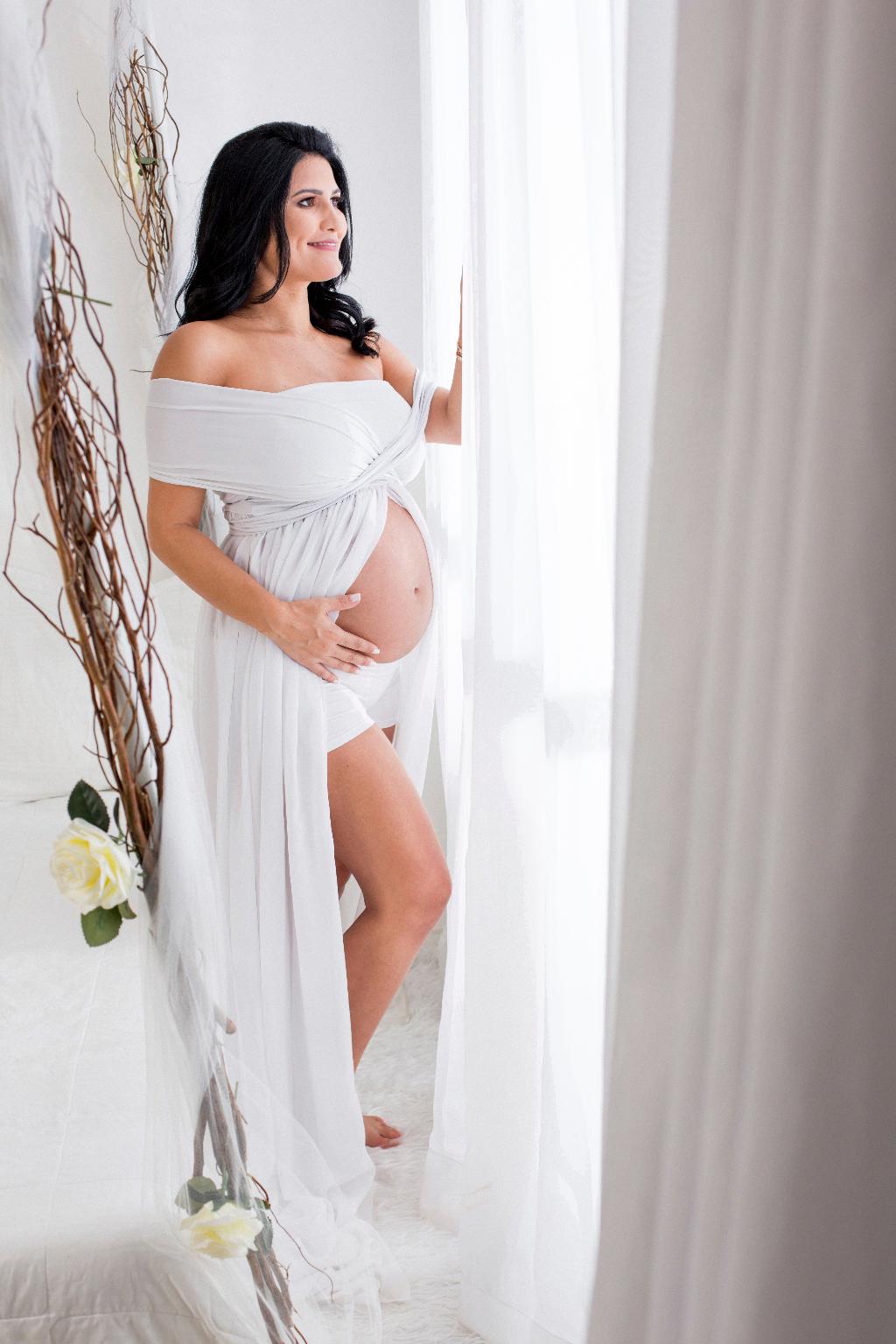It is important to recognize that pregnancy symptoms can vary widely from person to person. Some individuals may start experiencing symptoms, such as light spotting or mild headaches, as early as the first week of pregnancy. However, it is also entirely possible for someone to have no noticeable symptoms during this time.
Potential Early Signs of Pregnancy
One of the most common indicators of pregnancy at this stage is a missed period. If you are expecting your menstrual cycle and it does not arrive on time, this could be a sign that you may be pregnant. It’s essential to keep in mind that other factors, such as stress or changes in your routine, can also cause irregular periods.
Consider Other Symptoms
Other early signs of pregnancy may include fatigue, nausea, breast tenderness, or frequent urination. These symptoms can sometimes be mistaken for other issues, such as the flu or hormonal changes, so it is crucial to pay attention to your body and any unusual changes you may be experiencing.
Take a Pregnancy Test
The most reliable way to confirm whether or not you are pregnant after one week is to take a pregnancy test. These tests work by detecting the hormone human chorionic gonadotropin (hCG) in your urine, which increases significantly during pregnancy. It is advisable to wait until after your missed period to achieve the most accurate results.
Understanding Pregnancy Test Accuracy
While some home pregnancy tests claim to deliver accurate results shortly after conception, the best time to take the test is one week after your missed period. This waiting period allows for the hCG levels in your body to rise to a detectable level, increasing the accuracy of the test.
Consult with a Healthcare Provider
If you suspect you may be pregnant but are unsure about the results of a home pregnancy test, it is advisable to consult with a healthcare provider. They can perform a blood test to confirm pregnancy and provide guidance on prenatal care and next steps.
Emotional Support and Preparation
Discovering that you may be pregnant can evoke a range of emotions, from excitement to anxiety. It is essential to reach out to friends, family, or a counselor for emotional support during this time. Additionally, begin considering your options and preparing for the potential changes ahead.
Healthy Choices During Early Pregnancy
If you receive confirmation of your pregnancy, focus on making healthy lifestyle choices to support your well-being and that of your developing baby. This includes maintaining a nutritious diet, staying active, and avoiding harmful substances such as alcohol and tobacco.
Tracking Your Pregnancy Progress
Once you have confirmed your pregnancy, consider tracking your progress by scheduling regular prenatal appointments with your healthcare provider. These visits allow you to monitor your health, address any concerns, and ensure that you and your baby are progressing well.
Financial and Practical Considerations
It is also crucial to start thinking about the financial and practical aspects of pregnancy and parenthood. Begin researching healthcare options, maternity leave policies, and childcare arrangements to prepare yourself for the journey ahead.
Conclusion
In conclusion, detecting pregnancy after one week can be a nuanced process that varies for each individual. While some may notice early symptoms, such as a missed period or physical discomfort, taking a pregnancy test remains the most reliable method to confirm pregnancy. Keep in mind that reaching out to healthcare professionals and loved ones for support can help you navigate this transformative time with confidence and care.

